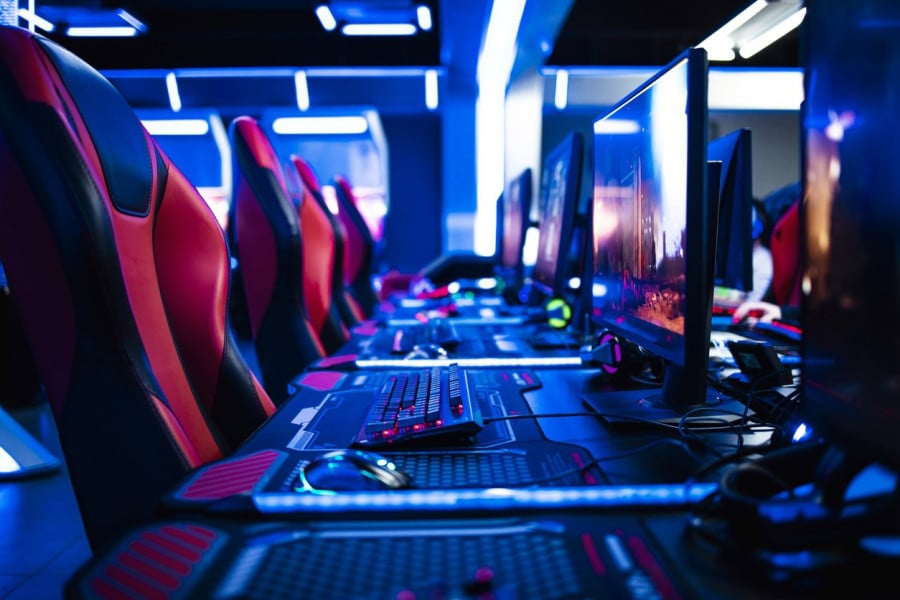A New Standard in Esports: Dispute Resolution for Riot Games’ Esports (EMEA)

Esports has evolved into an industry, which creates an ever growing demand for structured governance. Riot Games, the publisher of League of Legends (LoL) and VALORANT (VAL), oversees some of the world’s biggest esports competitions, and most competitive esports leagues, with hundreds of players, coaches, and teams competing across multiple jurisdictions.
With this growth and international nature of the competitions, contractual disputes have become inevitable, ranging from conflicts between parties over unpaid salaries and prize money to disputes over player transfers and contract terminations. Unlike traditional sports, where centralized governing bodies regulate employment and contractual relationships, esports lacks a unified dispute resolution system, leaving many stakeholders with no option but to seek recourse through national courts. However, litigation in civil courts is often slow, costly, and inconsistent across jurisdictions, creating uncertainty for players and teams.
To address this gap, Riot Games partnered with Martens Rechtsanwälte, the law firm behind the Basketball Arbitral Tribunal (BAT), to develop a dedicated dispute resolution mechanism for esports. The Dispute Resolution for Riot Games’ Esports (EMEA) (the DR) was officially launched in November 2024, providing an independent, binding, and enforceable forum for resolving financial and contractual disputes within the EMEA (Europe, the Middle East and Africa) region.
This article examines the legal rationale for the DR, its structural advantages over traditional arbitration, and its impact on the professionalization of esports governance.
- The need for an esports-specific arbitration tribunal
- The legal framework: ex aequo et bono & Swiss arbitration law
- Enforceability: a key advantage over traditional arbitration
- Key features of the DR
- The DR’s impact on esports governance
A copy of the DR’s current Arbitration Rules (version 1 Jan 2025) is available here for reference.[1]
To continue reading or watching login or register here
Already a member? Sign in
Get access to all of the expert analysis and commentary at LawInSport including articles, webinars, conference videos and podcast transcripts. Find out more here.
Related Articles
- The Esports Integrity Commission’s unprecedented sanction – a lifetime ban for Alexey Shyshko
- Are esports ‘sports’ enough? Bahrain dispute raises questions about CAS’ jurisdiction
- Basketball Arbitral Tribunal Arbitration Rules 2025: What’s changed?
- Future-proofing esports: a look ahead to the key legal issues facing the esports industry
- When should a CAS award be final on issues of EU law? The AG’s Opinion in Seraing v FIFA
- The importance of procedural rigour: ESIC find team Astralis’ emergency substitution brought tournament into disrepute




